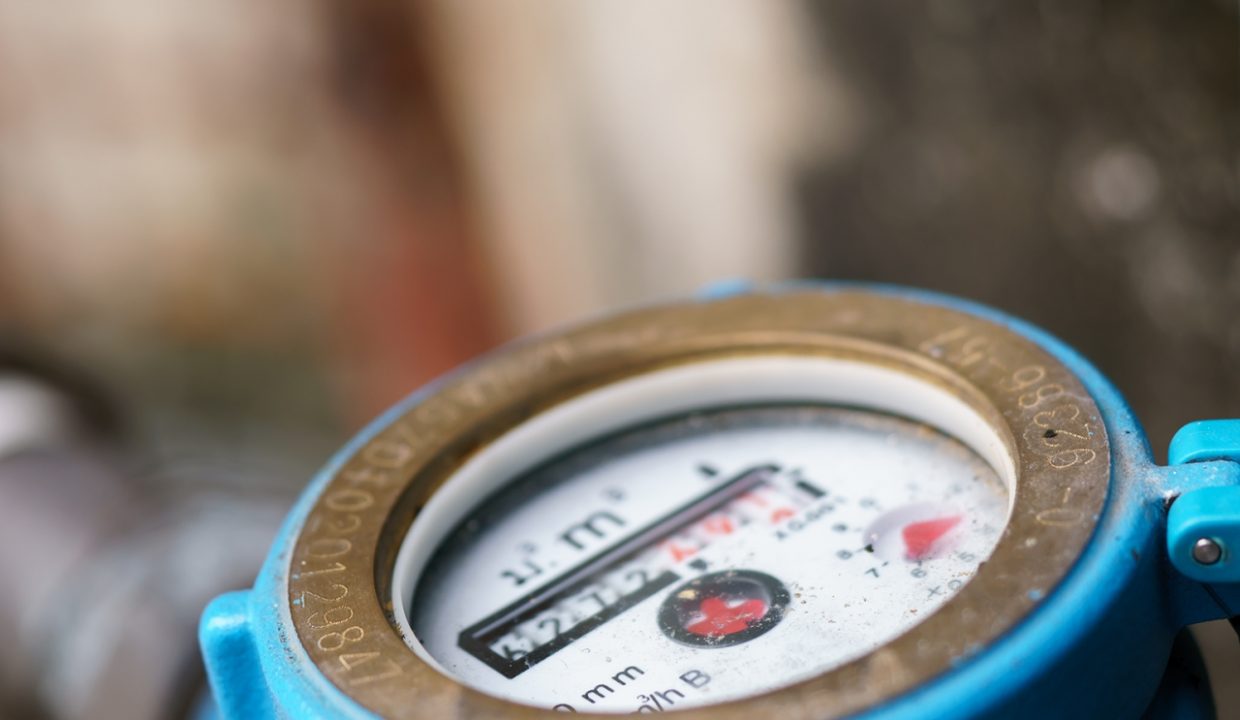
Water charges – Who Should Bear the Fixed Charges in Rental Housing?
Simon Carter, a tenant in Auckland, typically pays a monthly Water charges of $25 through automatic transfers. However, he was greatly surprised to learn last week that Watercare had withdrawn $319 from his bank account via automatic transfer.
The reason for the high bill was the inclusion of an annual fee of $289 for wastewater fixed charges that the landlord is supposed to cover.
According to Tenancy Services, under residential tenancy law, tenants are only responsible for the costs related to monthly water usage.
Whether the water facilities are used or not, the fixed charges fall under the responsibility of the landlord.
Usually, landlords receive the bill and pay Watercare first, then charge tenants for their usage. However, it’s also possible for tenants to directly receive Watercare bills and make immediate payments.
Simon, the tenant, explained that after contacting Watercare, he knew he was a tenant, but since the landlord allowed the tenant to handle the bill, all costs, including the annual fixed charges, were deducted from the tenant’s account via automatic transfers.
Additionally, Watercare’s reasoning was that they couldn’t refund the money to the tenant until the landlord paid the fixed charges.
After explaining the situation to the landlord, the issue was resolved by promptly refunding the fixed charges to the tenant. However, Watercare’s response clearly indicated a problem, and there was a warning that the tenant could potentially become a target for debt collection due to this issue.
Watercare’s operational manager, Ivan James, stated that when landlords directly receive and pay the bills on behalf of tenants, the fixed charges should also be dealt with together.
To simplify matters, landlords can choose to pay the wastewater fixed charges in a lump sum and refund the tenant once a year, rather than on a monthly basis.
If tenants pay their water bills through automatic transfers, the fixed charges will also be included in the automatic transfers, and addressing this issue would require discussions between landlords and tenants.
Sarina Gibbon from the Auckland Property Investors’ Association cautioned that Watercare directly withdrawing fixed charges from tenant accounts could potentially lead landlords to violate rental laws. She suggested that the traditional approach of landlords paying water bills and passing variable charges to tenants remains a preferable solution.

수도요금- 임대 주택의 고정 요금(wasterwater fixed charge)은 누가 부담해야 하나?
오클랜드의 세입자인 사이먼 카터는 일반적으로 매달 25달러의 수도 요금을 자동 이체로 지불하고 있다. 그러나 지난 주 워터케어(Watercare)가 자동 이체를 통해 그의 은행 계좌에서 319달러를 인출한 사실을 알게 되어 크게 놀랐다고 했다.
높은 금액의 청구서에는 집주인이 부담해야 하는 연간 요금인 폐수 고정비용(wasterwater fixed charge) 요금인 289달러가 포함되어 있었다.
주거 임대차법에 따르면 세입자는 월별 물 사용량에 대한 비용만을 부담해야 한다고 테넌시 서비스가 설명하고 있다.
수도 시설을 사용하든 사용하지 않든, 고정 요금(wasterwater fixed charge)은 집주인의 책임이다.
일반적으로 집주인은 청구서를 받아서 워터케어에 지불한 후 사용량에 대한 비용을 세입자에게 청구해야 하지만, 세입자가 직접 워터케어 청구서를 받아서 바로 지불하는 방식도 가능한 일이다.
사이먼 세입자는 워터케어에 문의한 결과 자신이 세입자임을 알고 있었지만, 집주인이 세입자에게 청구서를 지불하도록 허용했기 때문에 자동 이체로 연간 고정 요금 등 모든 비용이 세입자의 계좌에서 차감되었다고 설명했다.
또한 워터케어 측은 집주인이 고정 요금을 우리에게 지불할 때까지 돈을 세입자에게 돌려줄 수 없다는 이유로 변명했다.
이 상황을 집주인에게 설명한 후, 집주인은 신속히 고정 요금을 세입자에게 환불하여 문제를 해결했다. 그러나 워터케어의 대응은 분명 문제가 있었으며, 언제든지 이 문제로 인해 세입자가 미지급 채무 추심 대상이 될 수 있다는 경고도 받았다.
워터케어 운영 책임자 이반 제임스는 집주인이 임차인에게 청구서를 직접 보내고 지불하도록 했을 때 고정 요금도 함께 처리되어야 한다고 말했다.
간단하게 말해, 집주인은 폐수 고정비용(wasterwater fixed charge)을 일시불로 지불하도록 선택할 수 있으며 월별이 아닌 1년에 한 번씩 요금을 세입자에게 환불하는 것이 가능하다.
세입자가 자동 이체로 수도 요금을 납부하면 고정 요금(wasterwater fixed charge)도 함께 자동 이체되며, 이 문제에 대한 해결을 위해 집주인과 협의해야 한다.
오클랜드 부동산 투자자 협회의 사리나 기번은 워터케어가 세입자 계좌에서 고정 요금을 직접 인출하는 것은 잠재적으로 집주인이 임대차법을 위반할 수 있다고 경고하며, 전통적인 방식으로 집주인이 수도 요금을 지불하고 가변 요금을 세입자에게 부과하는 것이 더 나은 방법이라고 말했다.
